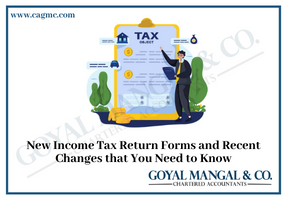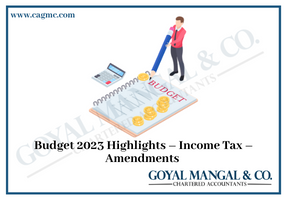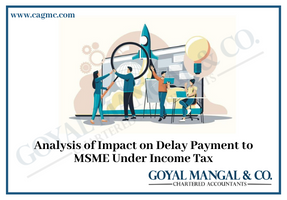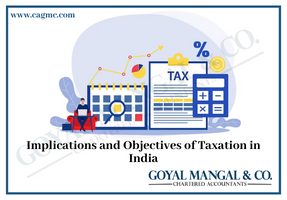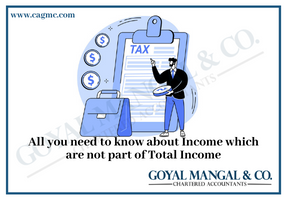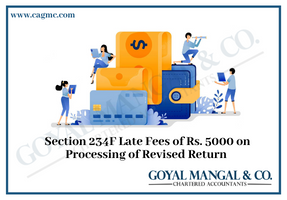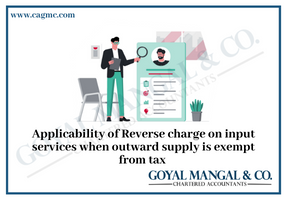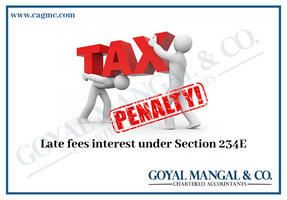Income tax is a type of direct tax the central government charges on the income earned during a financial year by individuals and businesses. It is calculated based on the tax slabs defined by Income Tax Department. The Central Board of Direct Taxes (CBDT) has notified New Income Tax Return (ITR) Forms for the Assessment…
The Finance Minister, Nirmala Sitharaman, unveiled the Union Budget 2023 on 1st February 2023. Generally, the budget before general elections is always a much-anticipated one with everyone hoping for big, bold moves. Various tax relief measures were introduced under the new tax regime. It looks like the government wants taxpayers to switch to the new…
The Micro, Small, and Medium Enterprises Development Act, 2006 came into force on 16 June 2006. It consists of six chapters which are further divided into 32 sections. This Act also provides for the formation of the National Board of Micro, Small, and Medium Enterprises. The head office of the Board is in Delhi. Section…
Taxation is a crucial component of any economy, including India. It is a process by which the government collects revenue from its citizens to finance its various social and economic programs. In India, taxation has both objectives and implications that are essential to understand. This article will discuss the Implications and Objectives of Taxation in…
Income that is tax-free is called exempt income; everyone wants their income to be tax-free so that less tax or no tax could be paid for the income generated through them. There are various sub-sections in Section 10 of the Income Tax Act, of 1961 that define what kind of income is exempt from tax….
India is a religious and devout country. India has a long tradition of using charitable gifts to achieve spiritual fulfilment for good deeds. Individuals from all over India have made monetary and in-kind contributions to various trusts, NGOs, charity organisations, temples, and other institutions, sometimes out of compassion and sometimes out of religious conviction. Also, many…
With the goal of ensuring timely compliance and submission of returns, the government enacted Section 234F, which became effective in fiscal year 2017-18. Late fines are assessed when returns are not filed on time. The deadline for filing returns in unaudited instances is July, and the deadline for audited cases is October. If a taxpayer…
Typically, taxes are collected by business owners on behalf of customers, who then pay the government. A reverse charge is when the buyer pays the tax directly to the government. The responsibility for the transfer of tax liability may rest either entirely with the buyer or, in certain special cases, it may be partially/jointly borne…
Properties that are inherited up to four generations down the male line—father, grandfather, etc.—are called ancestral properties. However, the Income Tax Act does not treat all inherited property as ancestral property. The various provisions that are mentioned in the Income Tax Act regarding the Capital Gain Tax on Sale of ancestral Property are described in…
If the taxpayer fails to furnish or file the TDS (Tax Deducted at Source) or TCS (Tax Collected at Source) return within the given time frame, he has to face the consequences of late filing charges under Section 234E. In addition, he is also liable to pay a fine under Section 271H. This post will…
